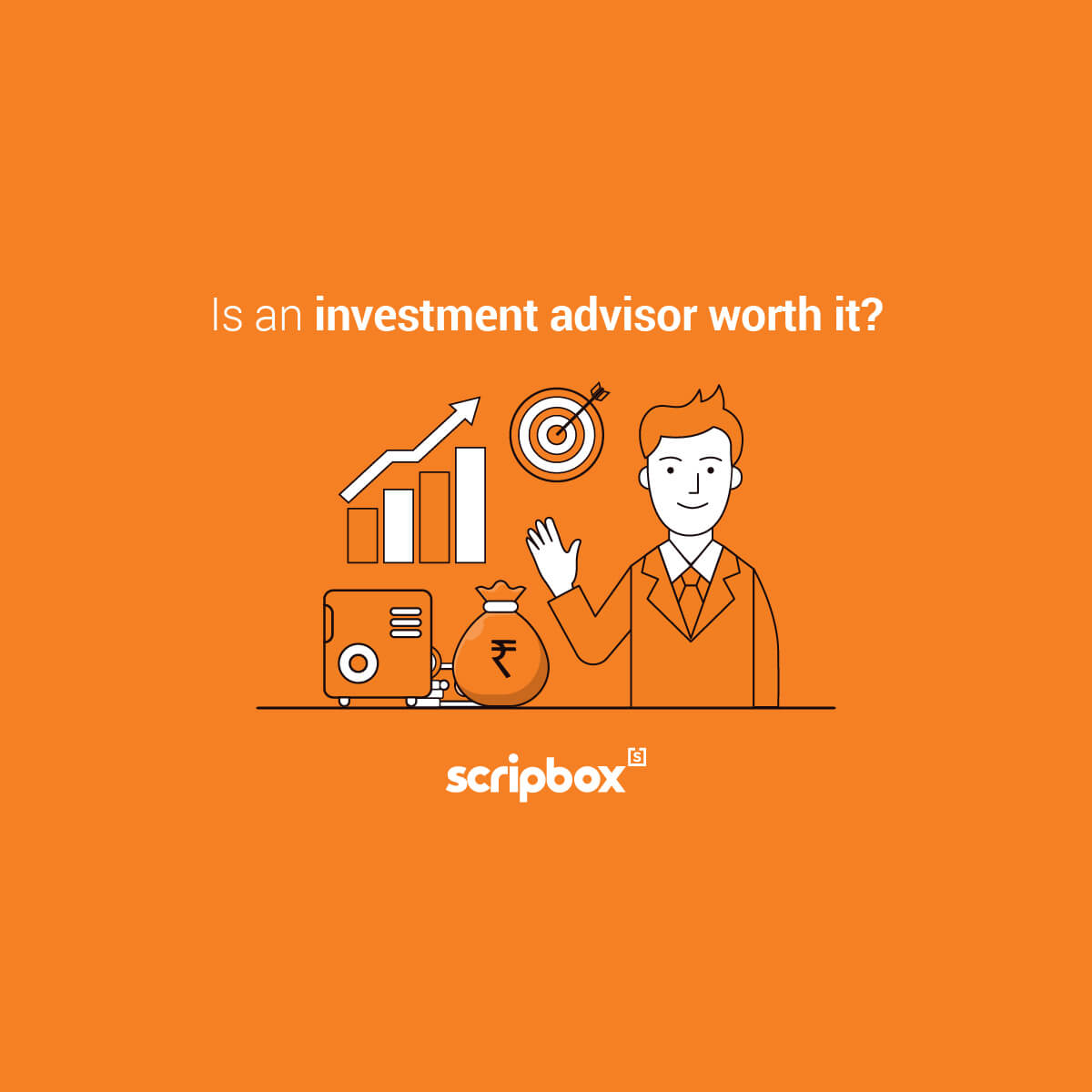Table of Contents
- How to Choose the Best Investment Advisor Representative – Finley Law Firm
- Reasons to Choose an Investment Advisor - Colliers News
- Why advisors must move investment strategies into the 21st century ...
- How to Become a Investment Advisor - Salary, Qualification, Skills ...
- Advisor Manage Money
- How to Hire Financial Investment Advisor?
- Registered Investment Advisor: What You Need to Know? - kickadvisory ...
- Advisor | Interactive Brokers India Pvt. Ltd.
- Investment Advisor | Scripbox
- 4 Reasons Why You Should Work with an Investment Advisor - TravelAlerts

When it comes to managing your finances, one of the most critical decisions you'll make is whether to use a financial advisor or take the DIY approach. Both options have their pros and cons, and what works for someone else may not work for you. In this article, we'll delve into the world of financial management, exploring the benefits and drawbacks of using a financial advisor versus doing it yourself.


The DIY Approach: Pros and Cons

Taking control of your finances can be empowering, and with the abundance of online resources and tools available, it's easier than ever to manage your money yourself. The DIY approach allows you to:

- Save on advisor fees, which can range from 0.25% to 1.5% of your assets under management
- Have complete control over your investments and financial decisions
- Learn about personal finance and investing, which can be a valuable skill

However, the DIY approach also has its downsides. Without proper knowledge and experience, you may:

- Make costly investment mistakes, such as buying high and selling low
- Fail to diversify your portfolio, leaving you vulnerable to market fluctuations
- Overlook important tax implications and planning opportunities


The Financial Advisor Approach: Pros and Cons
On the other hand, working with a financial advisor can provide numerous benefits, including:
- Access to expert knowledge and experience, helping you make informed decisions
- Personalized guidance and planning, tailored to your unique financial situation and goals
- Emotional support and discipline, helping you stay on track during market downturns
However, using a financial advisor also has its drawbacks. You'll need to:
- Pay advisor fees, which can eat into your investment returns
- Trust someone else with your financial decisions, which can be a leap of faith
- Be cautious of potential conflicts of interest, such as advisors pushing certain products

Who Should Use a Financial Advisor?
While anyone can benefit from working with a financial advisor, certain individuals may find it particularly useful. These include:
- Those with complex financial situations, such as high-net-worth individuals or business owners
- Investors who are new to the market or lack experience
- Individuals who are struggling to manage their finances or make progress towards their goals
In conclusion, whether to use a financial advisor or do it yourself depends on your individual circumstances, financial knowledge, and goals. While the DIY approach can be cost-effective and empowering, it requires a significant amount of time, effort, and expertise. On the other hand, working with a financial advisor can provide valuable guidance and support, but comes with fees and requires trust. Ultimately, it's essential to weigh the pros and cons and consider your own needs and preferences before making a decision. By doing so, you'll be well on your way to achieving financial stability and success.
Remember, managing your finances is a lifelong journey, and it's never too early or too late to seek help. Whether you choose to work with a financial advisor or take the DIY approach, the most important thing is to take control of your finances and start building a brighter financial future today.
